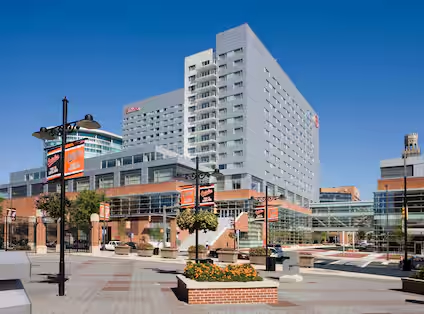Sixty Miles Upriver: Gentrification and Race in a Small American City by Richard E. Ocejo. Princeton University Press, 2024. 288 pages. Hardcover. $29.95.
This book examines the effect on racial and income balance, gentrification, and social change in Newburgh, New York, of an influx of wealthier remote workers from NYC and its suburbs. The City's population is now about 50% Hispanic. To the author: "This demographic shift has made the city more primed for gentrification, which rarely happens in racially homogenous places. The Black population in Newburgh was previously too high to attract white gentrifiers, but the influx of Hispanic migrants changed the demographic mix, creating a more favorable environment for white middle-class newcomers and shaping Newburgh’s current identity."
As the author says about his book during an interview published in the local newspaper The Highlands Current: "At the heart of my book is: What do we owe to the communities that we move to when we’re newcomers? What obligations do we have to neighbors who have been calling this place home for much longer than we have? Do we disrupt or enhance?"
From Amazon.com's description:
"Newburgh is a small postindustrial city of 28,000 located sixty miles north of New York City. Like many other similarly sized cities across America, it has been beset with poverty and crime after decades of decline, with few opportunities for its predominantly minority residents. Sixty Miles Upriver tells the story of how Newburgh started gentrifying, describing what happens when White creative professionals seek out racially diverse and working-class communities, and revealing how gentrification is increasingly happening outside large city centers in places where it unfolds in new ways.
As New York City’s housing market becomes too expensive for even the middle class, many urbanites are bypassing the suburbs and moving to smaller cities like Newburgh, where housing is affordable and historic. Richard Ocejo takes readers into the lives of these newcomers, examining the different ways they navigate racial difference and inequality among Newburgh’s much less privileged local residents, and showing how stakeholders in the city’s revitalization reframe themselves and gentrification to cast the displacement they cause to minority groups in a positive light. An intimate exploration of the moral dilemma at the heart of gentrification, Sixty Miles Upriver explains how progressive White gentrifiers justify controversial urban changes as morally good, and how their actions carry profound and lasting consequences for vulnerable residents of color."







